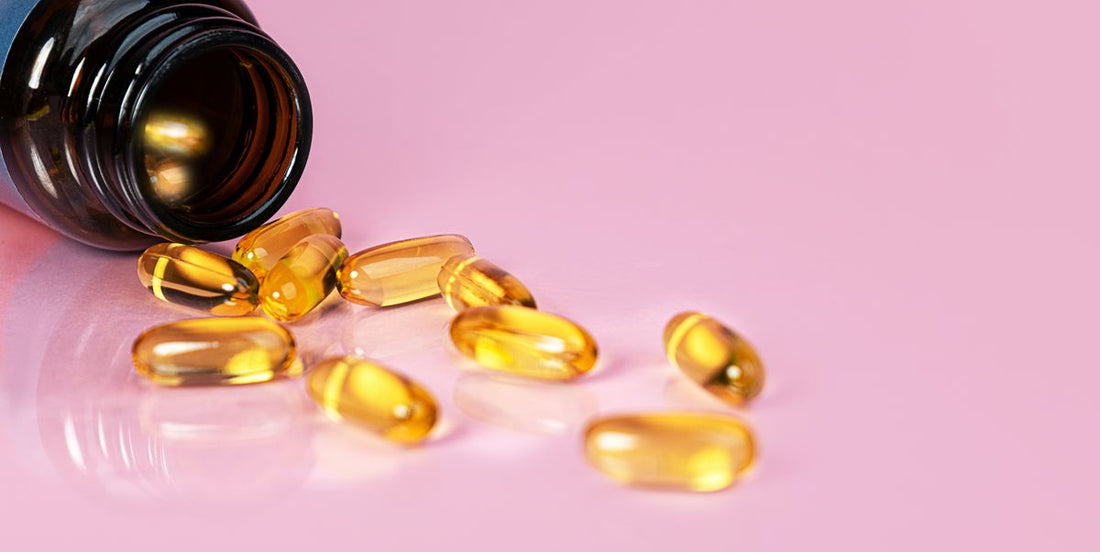
Should you take Folic Acid as a supplement?
Folic acid is an essential nutrient that is particularly important for women, especially those who are pregnant or trying to conceive. Folic acid helps to support the healthy development of a growing fetus, and can reduce the risk of birth defects of the brain and spine, such as spina bifida.
Folic acid is also important for women who are not pregnant, as it helps to support the production of new cells and DNA synthesis. It may also help to reduce the risk of certain types of cancer and heart disease.
Most women can meet their daily requirements for folic acid through a healthy diet that includes foods such as leafy green vegetables, beans, citrus fruits, and fortified grains. However, women who are pregnant or trying to conceive may need to supplement their diet with additional folic acid to ensure that they are getting enough.
Folic acid, also known as vitamin B9, is an essential nutrient that plays a critical role in many bodily functions. This vitamin is particularly important for women, especially those who are pregnant or trying to conceive. In this article, we'll explore some of the key benefits of folic acid.
- Supports Fetal Development:
Folic acid is essential for the healthy development of a growing fetus. During early pregnancy, folic acid is needed to support the formation of the neural tube, which eventually becomes the baby's brain and spinal cord. Adequate folic acid intake during pregnancy can reduce the risk of neural tube defects, such as spina bifida.
- Reduces Risk of Anemia:
Folic acid plays a crucial role in the production of red blood cells, which are responsible for carrying oxygen throughout the body. A deficiency in folic acid can lead to anemia, a condition characterized by fatigue, weakness, and shortness of breath. Consuming enough folic acid can help prevent anemia and promote healthy blood cell production.
- Supports Brain Function:
Folic acid is important for maintaining healthy brain function. This vitamin plays a role in the production of neurotransmitters, which are chemicals that help to transmit signals between nerve cells. Some studies suggest that folic acid supplementation may help to improve cognitive function and reduce the risk of age-related cognitive decline.
- Lowers Risk of Heart Disease:
Studies have shown that folic acid may help to lower the risk of heart disease by reducing levels of homocysteine, an amino acid that has been linked to an increased risk of heart disease. Adequate folic acid intake can help to keep homocysteine levels in check and promote a healthy cardiovascular system.
- May Reduce Risk of Certain Cancers:
Some research suggests that folic acid may help to reduce the risk of certain cancers, such as colon, breast, and pancreatic cancer. Folic acid is thought to play a role in DNA synthesis and repair, which may help to prevent the development of cancer cells.
In conclusion, folic acid is an essential nutrient that offers a wide range of health benefits. It's particularly important for women who are pregnant or trying to conceive, as it supports healthy fetal development and can reduce the risk of birth defects. However, folic acid is important for everyone, as it supports healthy blood cell production, brain function, and cardiovascular health. To ensure that you're getting enough folic acid, try to consume foods that are rich in this vitamin, such as leafy greens, citrus fruits, beans, and fortified grains, or talk to your healthcare provider about supplementation.